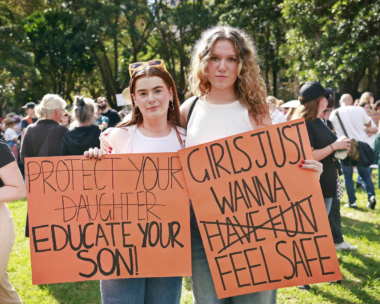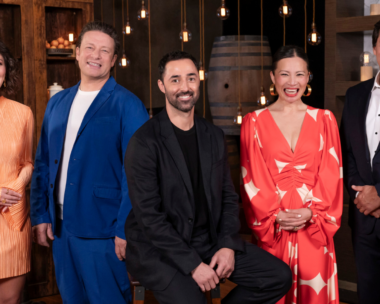Electric Fields, Australia’s entrant for Eurovision 2024, performed in the heats One Milkali (One Blood), a song that incorporates Yankunytjatjara, an Aboriginal language of the Anangu people, and unfortunately did not make it through to the semi-finals.
In a beautiful moment of serendipity, the 2024 Eurovision Song Contest will be held in Malmö, Sweden 50 years after Swedish group ABBA won for Waterloo in 1974.
Australians have been watching the Eurovision Song Contest since SBS started broadcasting the show in 1983. In 2014, we sent Jessica Mauboy to perform the song Sea of Flags during interval. And then in 2015, as part of the 60th anniversary celebrations, Australia was allowed to compete in Eurovision for the first time ever. Here’s a recap of everyone who has represented Australia at the Eurovision Song Contest.
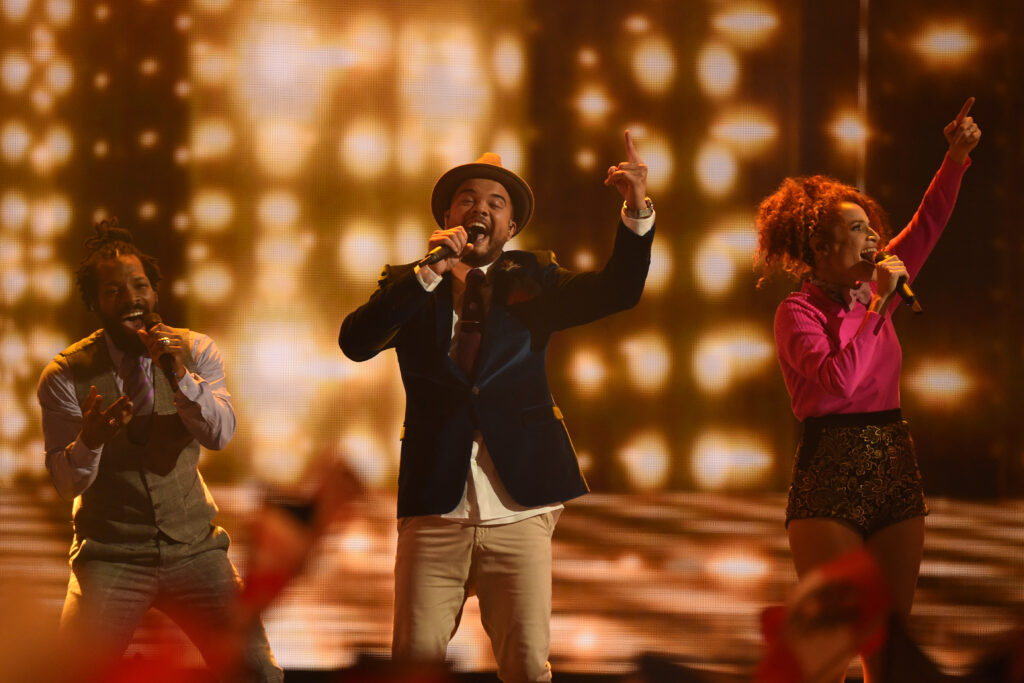
2015
Guy Sebastian, Tonight Again
Vienna, placed 5th
For our inaugural entry we sent a veteran song contest performer – Guy Sebastian, winner of the first Australian Idol. His catchy and danceable pop song, Tonight Again, was written, recorded, mixed and mastered two days before he submitted it!
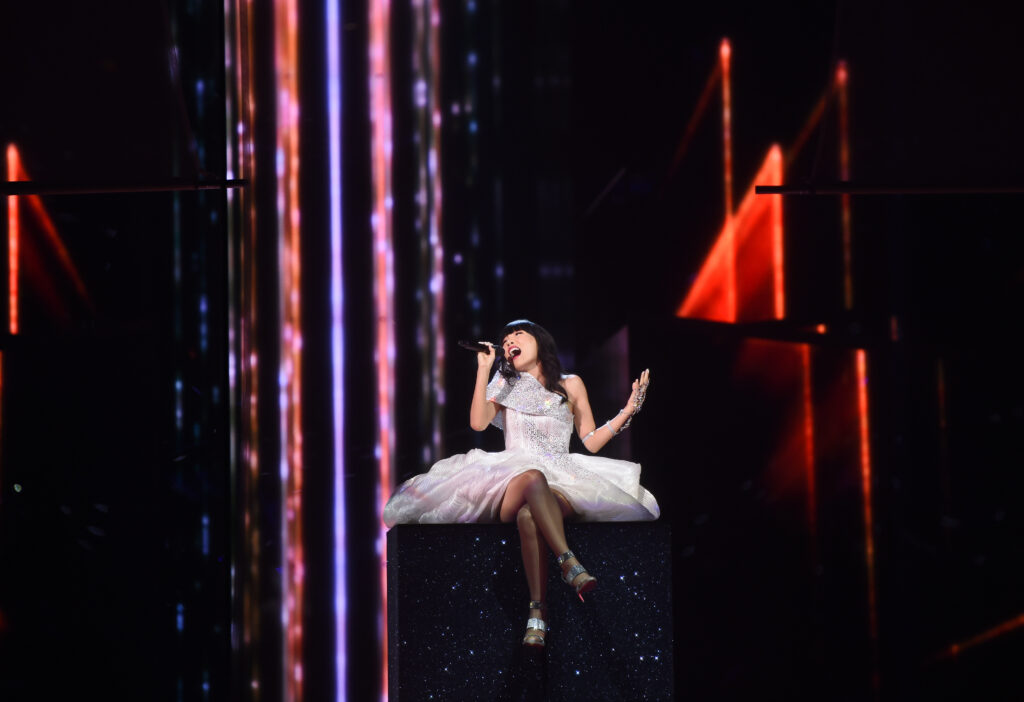
2016
Dami Im, Sound of Silence
Stockholm, placed 2nd
Dami Im’s beautiful ballad Sound of Silence was the closest Australia has come to winning Eurovision. A classically trained pianist and previous winner of The X Factor Australia, the power of her voice was undeniable, and she breezed into the final by placing 1st in her semi-final night. The song also won the contest’s prestigious Marcel Bezençon Composer Award.
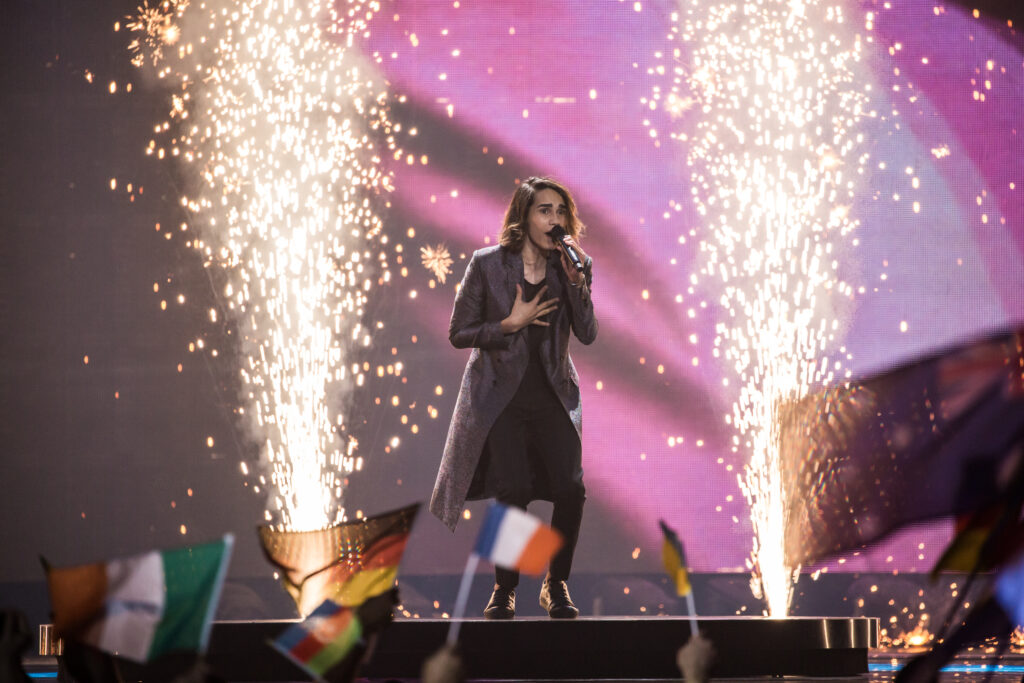
2017
Isaiah, Don’t Come Easy
Kyiv, placed 9th
Our youngest artist still commanded the stage when he competed for us in Kyiv. Like Dami Im, Isaiah Firebrace was a previous winner of The X Factor Australia. He was only 17 when he sang in front of a crowd of 11,000. He’s since toured with Jessica Mauboy, and recently published the book Come Together: Things Every Aussie Kid Should Know about the First Peoples which won the Dymocks Books ‘Young Readers Book Of The Year 2023’.
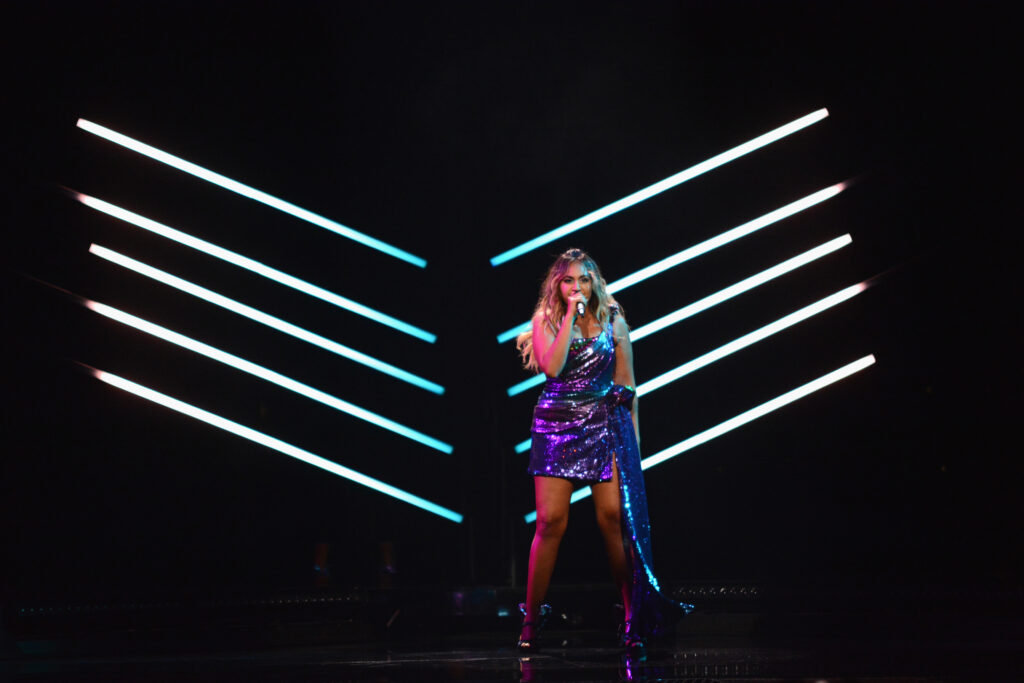
2018
Jessica Mauboy, We Got Love
Lisbon, placed 20th
Back again, but this time competing, Jessica Mauboy got the crowds dancing with pop anthem We Got Love. The Australian Idol alumni said the song was “about unity and a reminder that love, acceptance and the power of inclusivity can overcome all obstacles or hardships that arise”. Love is also a big theme in her new album, Yours Forever, which you can learn more about in The Weekly‘s exclusive interview.

2019
Kate Miller-Heidke, Zero Gravity
Tel Aviv, placed 9th
Possibly our most out-of-the-box entry, Kate Miller-Heidke combined pop and opera in her mesmerising entry Zero Gravity, which placed 1st on her semi-final night. The actor, composer and singer was chosen to be our entrant at the first ever Eurovision – Australia Decides contest, where the people of Australia voted for who they wanted to send to the Eurovision Song Contest. Zero Gravity also managed to nab the Marcel Bezençon Artistic Award that year.
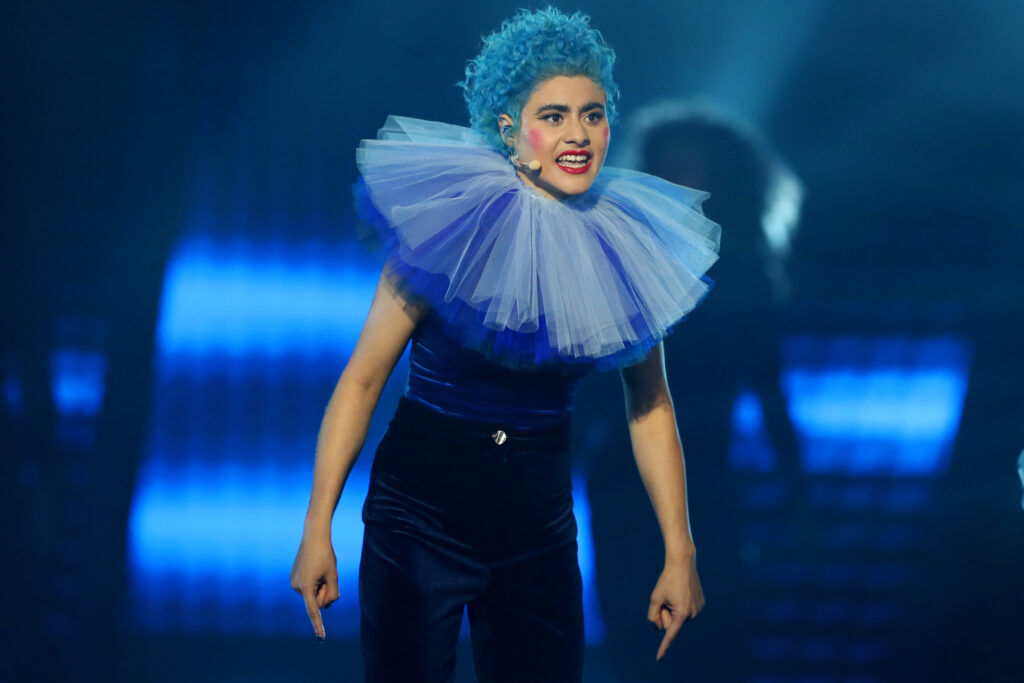
2021
Montaigne, Technicolour
Rotterdam
Montaigne was meant to compete for Australia in 2020 with their song Don’t Break Me, but the contest was cancelled due to the COVID pandemic. They represented the country in 2021 instead, but travel restrictions meant they couldn’t leave Australia and had to compete with a pre-recorded ‘live-on-tape’ performance of their indie-pop song Technicolour.

2022
Sheldon Riley, Not the Same
Turin, placed 15th
Sheldon Riley was no stranger to a song contest when he went to Eurovision in 2022. He’d previously been on The X Factor Australia, The Voice Australia and even America’s Got Talent. His visuals were as captivating as his voice, as he sung in a custom outfit by Melbourne designer Alin Le’kal that weighed almost 40kg and included around 90,000 individual feathers, pearls and crystals.
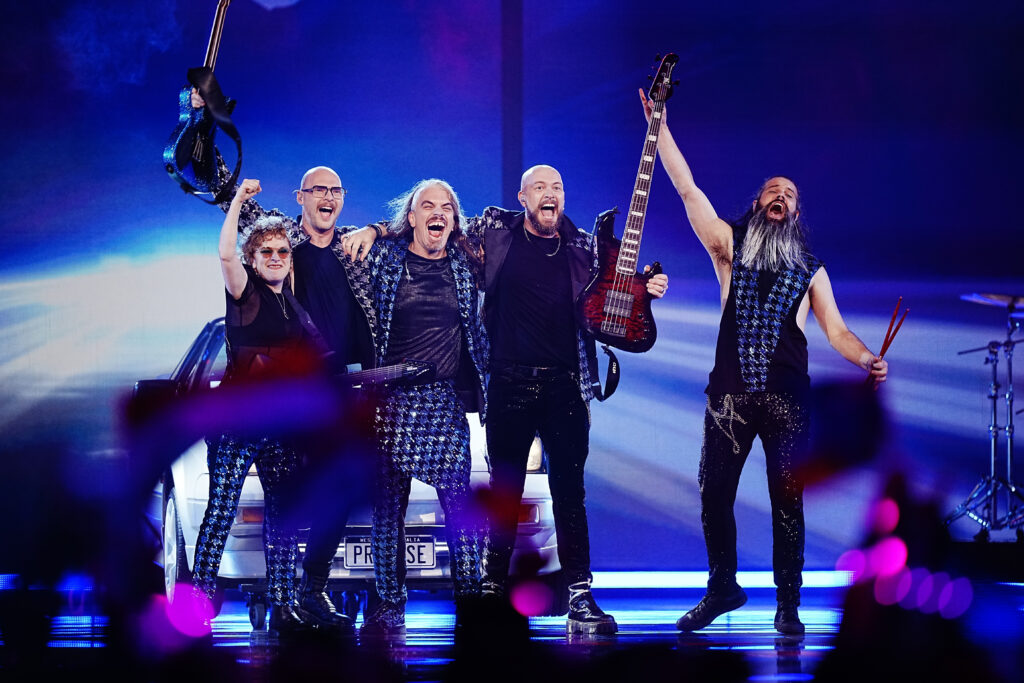
2023
Voyager, Promise
Liverpool, placed 9th
The first band to compete for Australia, Voyager, a five-piece group from Perth, brought synth-metal to Eurovision with their stadium anthem Promise. It won their semi-final night and was a crowd favourite. How could it not be, with a keytar in the mix and an epic guitar solo. The band almost competed for us in 2015 when they were voted second in Eurovision – Australia Decides.
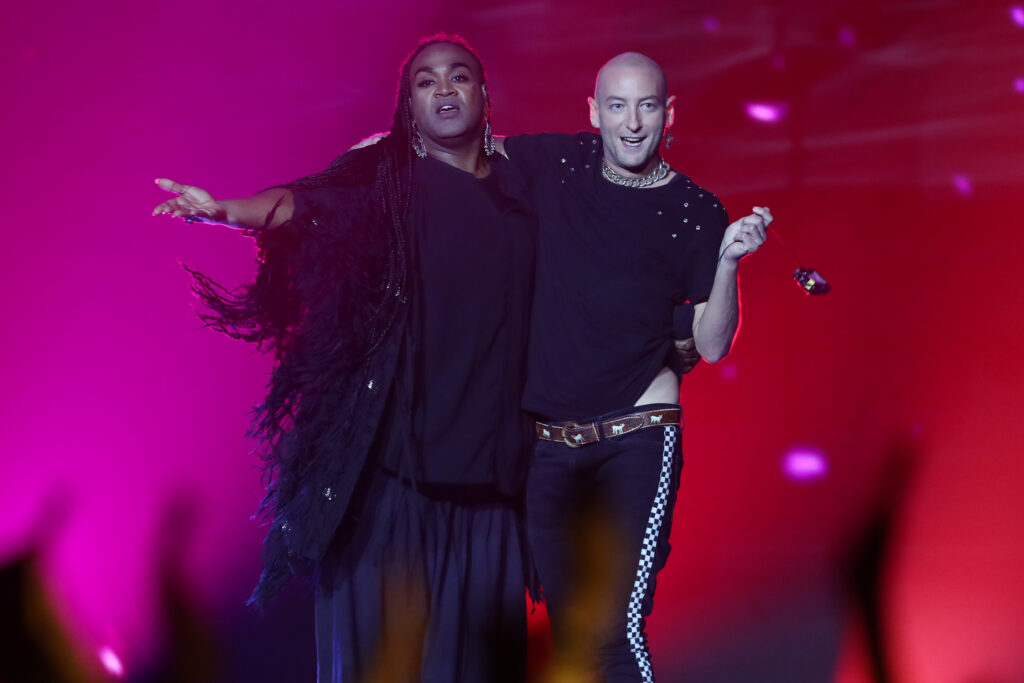
2024
Electric Fields, One Milkali (One Blood)
Malmö
Electric Fields represented Australia at Eurovision in 2024, and sadly did not make it passed the heats. The electro-pop duo is comprised of vocalist Zaachariaha Fielding, an artist from the Mimili community on the APY Lands in South Australia, and producer and keyboardist Michael Ross. They’ll be familiar faces to those who watched Eurovision – Australia Decides in 2019 – they came in second to Kate Miller-Heidke.


